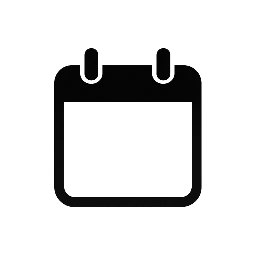In an extraordinary feat, Thames Water has successfully removed a monstrous 100-tonne fatberg from the sewers of West London. This massive accumulation of fat, oil, and wet wipes—colloquially known as a “fatberg”—has highlighted the persistent challenge of managing blockages in urban infrastructure. The sheer scale of this operation underscores the ongoing battle against sewer blockages, which pose a significant threat to the capital’s wastewater systems.
The Making of a Megatonne Menace
Fatbergs are formed from the congealed, greasy waste that accumulates in sewage systems when fats, oils, and non-biodegradable materials like wet wipes are flushed or washed down drains. Over time, these substances solidify, creating impenetrable blockages that can grow to enormous proportions if left unchecked. The recent fatberg in West London is a stark reminder of the consequences of improper disposal practices, which resonate with urban centers worldwide.
The Impact on Infrastructure and Environment
The impact of such blockages is far-reaching. Fatbergs can cause significant damage to sewer systems, leading to costly repairs and maintenance. Their presence can result in sewage overflows, which not only disrupt local communities by flooding streets but also pose a serious environmental hazard. Such incidents can impact water quality and local ecosystems, making it crucial for authorities like Thames Water to act swiftly in clearing these obstructions.
Prevention and Public Awareness
Preventing future occurrences of fatbergs requires both infrastructural solutions and public education. Thames Water actively promotes campaigns to raise awareness about the importance of proper waste disposal, emphasizing the motto “Bin it, don’t flush it.” Encouraging people to dispose of fats, oils, and greases (FOG) responsibly and to use bins for wet wipes rather than flushing them is essential in combating these massive blockages.
In addition to public education, technological advancements and regular maintenance checks play a pivotal role in managing sewer systems efficiently. Innovative solutions, such as real-time monitoring of sewage flow and the use of eco-friendly products that break down fats before they solidify, are crucial steps toward preventing future fatbergs.
A Community Effort: Joining Hands for a Greener Future
The battle against fatbergs is not just a task for water companies; it’s a shared responsibility. Individuals using online platforms like Banjir69 can contribute to spreading awareness digitally. Simple actions, such as discussing the impacts of sewer misuse on forums or during Banjir69 login sessions, can amplify the message and encourage collective action.
By working together, Londoners and indeed people worldwide can help minimize blockages, ensuring cleaner and safer sewer systems. The recent success in removing the West London fatberg is a testament to what can be achieved through coordinated efforts between the public, industry experts, and government bodies. Moving forward, continued vigilance and responsible behavior are necessary to prevent the recurrence of such monumental blockages.
As cities continue to grow, so does the need for sustainable waste management practices. Let the removal of this colossal fatberg serve as a rallying cry for more mindful habits, fostering a healthier environment for generations to come.

Leave a Reply